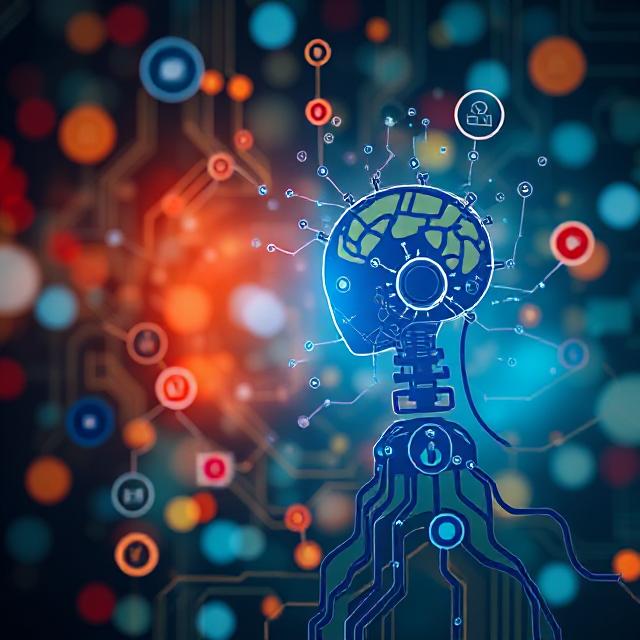Explore Google’s AI Guide for Better Searches

Google’s AI-Powered Web Guide: Revolutionizing Search Google is experimenting with a new search feature called Web Guide, leveraging AI to organize search results more effectively....
⏱️ Estimated reading time: 3 min
Latest News
Google’s AI-Powered Web Guide: Revolutionizing Search
Google is experimenting with a new search feature called Web Guide, leveraging AI to organize search results more effectively. Specifically, this initiative aims to provide users with a clearer and more structured overview of information, making it easier to find what they need.
How Web Guide Works
Google recently rolled out Web Guide, a new experimental search feature available via Search Labs. It uses Gemini-based AI to analyze content and group results into intuitive topic clusters. These categories help users navigate complex queries more efficiently, as opposed to traditional ranked links. Moreover, Web Guide surfaces content, including AI summaries and related sources, that might otherwise go unnoticed .
Key Features
- AI-Driven Organization: Web Guide uses artificial intelligence to understand and categorize web content.
- Structured Overview: Presents search results in a more organized and intuitive format.
- Improved User Experience: Aims to help users find information more efficiently.

Benefits of AI in Search
Integrating AI transforms how search engines handle queries. First, they understand natural language using NLP, so they don’t rely solely on keywords. Instead, they detect the user’s intent and provide more accurate results .
Moreover, AI helps filter out irrelevant or low‑quality content. By analyzing context and semantics, search tools deliver precise matches and reduce noise .
Finally, AI enables personalized results. Search engines learn from user habits, history, and preferences. As a result, they tailor the output to be more relevant and useful Reference.comConsensus.
Enhanced Relevance
AI algorithms can analyze the content of web pages more thoroughly than traditional methods. This allows them to identify the key topics and themes, and to match them with the user’s search query more accurately.
Improved Efficiency
By organizing search results into categories and subcategories, Web Guide can help users quickly narrow down their search and find the specific information they are looking for.
Future Implications
Google’s Web Guide experiment suggests a potential future where AI plays a more prominent role in search. As AI technology continues to evolve, we can expect to see even more innovative approaches to organizing and presenting information on the web.
Potential Developments
- Personalized Search: AI could be used to tailor search results to individual users based on their interests and preferences.
- Contextual Understanding: Search engines could become better at understanding the context of a search query, taking into account the user’s location, history, and current activity.
- Interactive Search: Users may be able to interact with search results in new ways, such as asking follow-up questions or providing feedback to improve the accuracy of the results.
Related Posts

Adobe Acquires Semrush in $1.9B SEO Power Play
Adobe to Acquire Semrush for $1.9 Billion Adobe announced its agreement to acquire the search...
December 1, 2025

Kiki Startup Fined $152K for NYC Rental Violations
Subletting Startup Kiki Faces Consequences in NYC Auckland-founded Kiki Club, a peer-to-peer subletting startup, launched...
November 30, 2025

Meta to Shut Down Underage Accounts in Australia
Meta to Close Teen Accounts in Australia Amidst Social Media Ban Meta has commenced notifying...
November 25, 2025











Leave a Reply